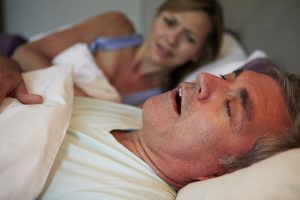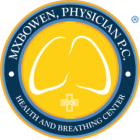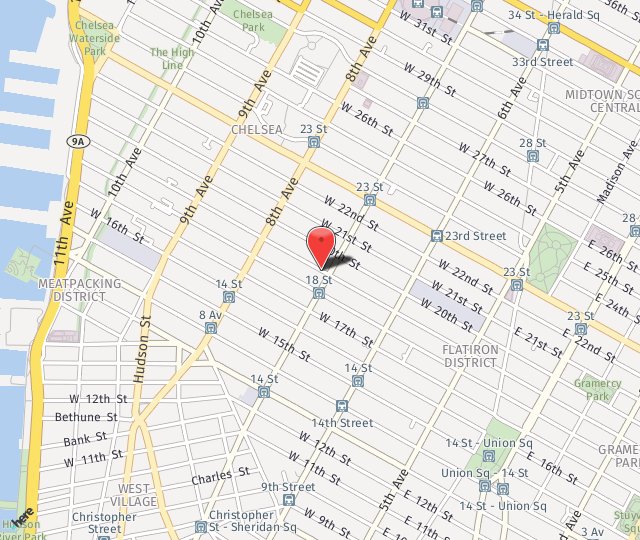
What is Sleep Apnea, Anyway?
Sleep apnea is described as a sleep disorder. It is, but there are a few different ways this can take form. The most common type of sleep apnea occurs when the airway gets obstructed as air would normally pass through the throat. This is called obstructive sleep apnea. Another form of sleep apnea is called central sleep apnea. This form occurs when the brain does not send out regular signals to the muscles responsible for breathing. The final form is complex sleep apnea. This is a combination of the other two forms.
Might You or Someone You Love have Sleep Apnea?
It is not enough to put snoring and daytime sleepiness together and call it sleep apnea. Doctors look for additional symptoms as they build their diagnosis. When sleeping, the person with sleep apnea won’t just snore; they will also stop snoring. Moments of silence can last several seconds and are usually followed by a loud gasping or choking sound. Though the body rouses the sleeper slightly, they usually do not fully awaken. Due to the lack of quality sleep caused by sleep apnea, a person with this disorder may also experience chronic morning headaches, anxiety, irritability or mood swings, difficulty focusing, and a tendency toward clumsiness.
What Causes Sleep Apnea?
Central sleep apnea occurs because the brain does not signal properly when a person sleeps. Therefore, their breathing muscles are not well-regulated and they stop breathing. Obstructive sleep apnea, the most common form, is related to several factors. The airway may close because a person has an anatomical abnormality or suffers from allergies. The more common reasons for this condition are obesity and thick neck circumference. When the muscles around the throat relax, their weight is great enough to close off the airway.
Sleep apnea can be managed with appropriate, comfortable care. First, we must reach an accurate diagnosis. From our office in NYC, patients may obtain an at-home sleep study to help us recognize if they have signs of sleep apnea. To learn more, call 212-480-4062.












